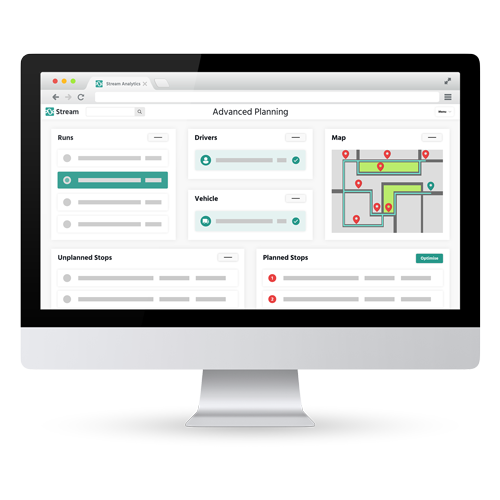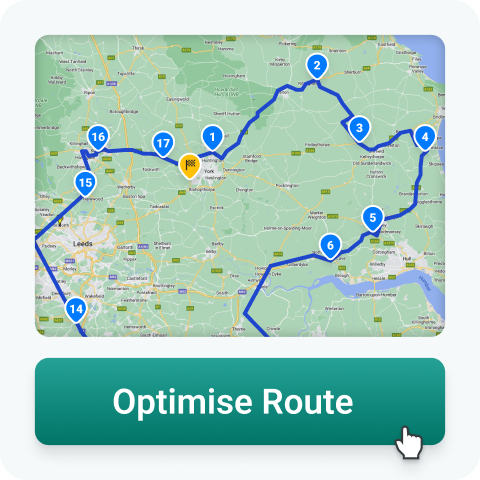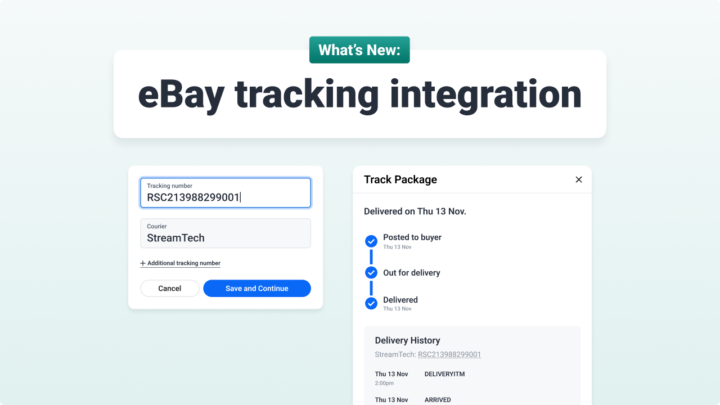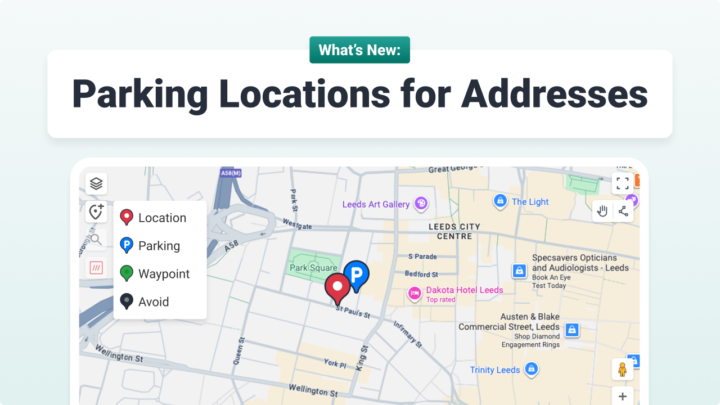Modern logistics continues to rapidly evolve. Businesses are constantly seeking new ways to streamline operations, boost efficiency, and enhance customer satisfaction.
One innovative solution that has gained traction over recent years is the integration of route planning software with existing business systems.
In this article, we’ll explore the key benefits of using a route planning software integration and how APIs facilitate seamless communication between systems such as ERP software, Warehouse Management System (WMS) and inventory management, and accounting software.
What is route planning software?
Route planning software optimises delivery planning and execution by using algorithms to determine the most efficient way of getting from point A to point B (and beyond) on a delivery or collection run.
It typically considers traffic, delivery windows (also referred to as delivery timeslots), vehicle capacity, and more to minimise travel time and fuel consumption, as well as improve delivery success rates.

An integration can connect route planning software to a number of other back office systems
How many back office systems a TMS platform can integrate with – and to what level – does vary from vendor to vendor.
Stream, for example, offers a (growing) number of integrations with other platforms such:
and many more!
What is an integration?
An integration acts as a powerful bridge, connecting disparate systems to unify functionality and data.
This unification utilises real-time data synchronisation and automated workflows.
So, what can integrating route planning software with another platform achieve?
Integrating with Customer Relationship Management (CRM) systems, for example, enables personalised delivery experiences by ensuring customer profiles are consistently updated and routes are prioritised accordingly.
Integrating with Enterprise Resource Planning (ERP) and order management systems allows for automatic route creation, real-time inventory updates, and streamlined financial reporting, and more.
Benefits of integrating route planning software with other systems
Integrating route planning software with systems like ERP, WMS, and accounting software offers numerous benefits.
Enhanced efficiency
Syncing route planning with your ERP software, for instance, automates information flow, speeding up order processing with minimal manual intervention and enabling real-time schedule adjustments.
Better inventory management
Integrating with WMS and inventory software ensures accurate inventory levels in delivery schedules, reducing stockouts and overstocking.
Improved financial tracking
Linking route planning to accounting software allows real-time monitoring of delivery costs, aiding informed, data-driven decision-making.
The role of APIs
APIs, which stands for Application Programming Interface, facilitate seamless communication and data sharing between systems, enabling data synchronisation to ensure consistent information across platforms, customisable solutions to tailor integrations to specific needs, and scalability to adapt to business changes without overhauling systems.
Stream’s API, for example, plays a crucial role in facilitating an integration. Our API uses a aRESTful architecture, comprehensive documentation and is inherently scalable.
It is worth noting that Stream’s API also enables webhooks, which pass event status information back from Stream (think order planned, barcode scanning events, order tracking information, delivery completed, etc.) to your back office system (if that system accepts webhooks!).
Key benefits of an integration
| Benefit | How It Works | Impact on Business |
| Automated Order Processing | Orders sync with route planning software | Reduces manual data entry and errors |
| Real-Time Inventory Updates | Route planning updates inventory based on deliveries | Route planning updates inventory based on deliveries Ensures stock accuracy and prevents overselling |
| Optimised Delivery Scheduling | Orders assigned to best delivery routes | Saves fuel, time, and improves customer satisfaction |
| Enhanced Customer Experience | Customers receive real-time tracking updates | Increases transparency and trust |
| Data-Driven Decision-Making | Centralised reporting on deliveries, inventory, costs | Helps analyse and improve logistics performance |
The benefits of integrating logistics and route planning systems are substantial and have been well-documented through research and statistics. Here’s a collection of statistics that put these benefits into perspective:
Companies that implement such integrations can achieve significant operational cost reductions, with savings reaching up to 20%.
Furthermore, the integration of ERP systems with route planning tools has been shown to deliver a remarkable 200% return on investment within just 12 months.
Beyond financial gains, research has found that optimised route planning directly impacts fuel efficiency, leading to a 10% to 30% decrease in fuel expenses.
Additionally, these optimised routes contribute to environmental sustainability by reducing fleet carbon emissions by as much as 15%.
Conclusion
Integrating route planning software via APIs represents a powerful strategy for businesses seeking to optimise their logistics operations.
By bridging the gap between disparate systems like ERP, WMS, and accounting software, companies can achieve significant gains in efficiency, cost reduction, and customer satisfaction.
As demonstrated by the impressive ROI and sustainability benefits, integrating route planning software with other systems is not just a technological upgrade, but a strategic imperative for navigating the complexities of modern logistics and ensuring long-term success.
Schedule a demo today with one of our experts to see first hand how integrating your back-office systems with our advanced route planning software can streamline your workflows, boost efficiency, and drive ROI.



